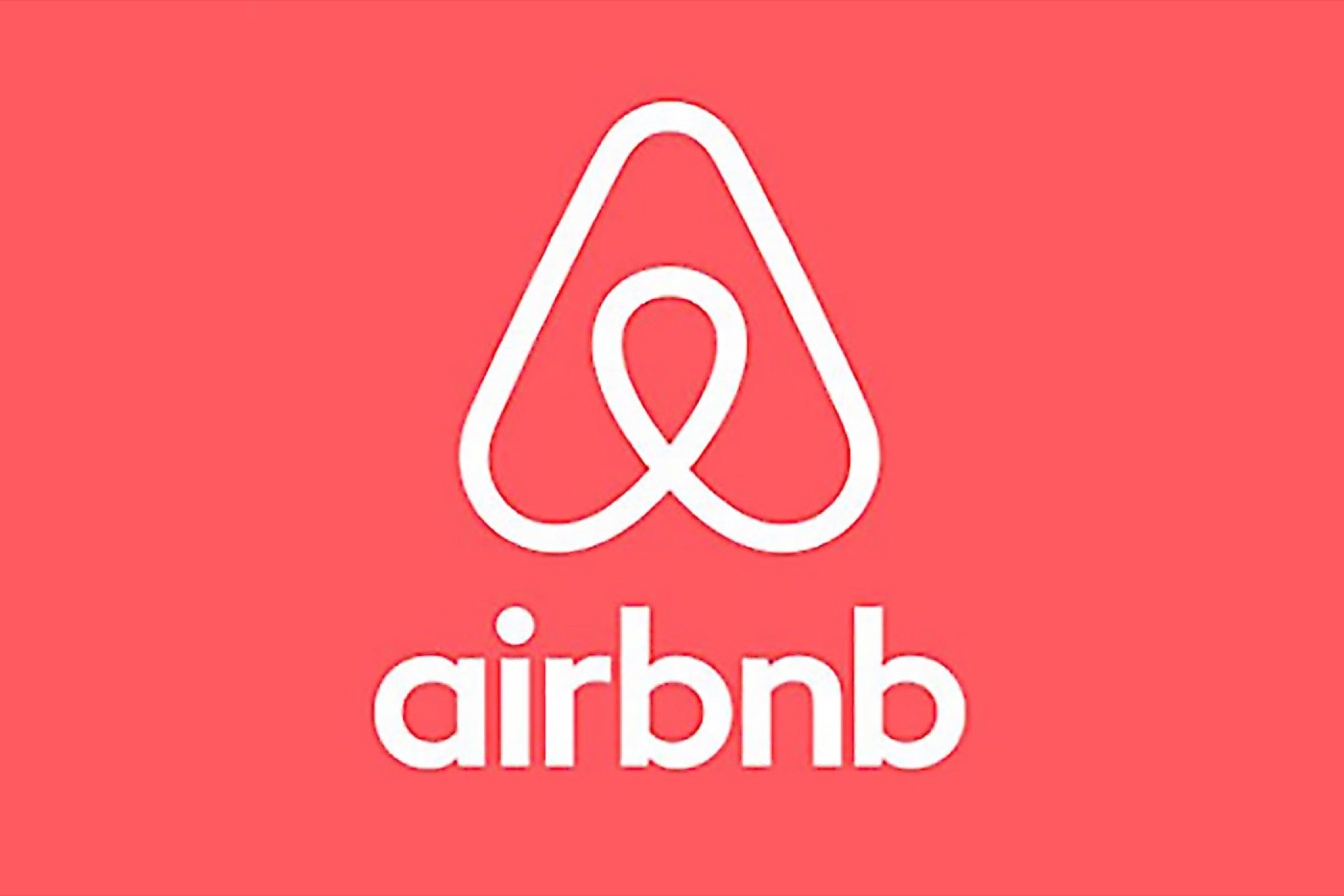ByteDance would opt to close TikTok rather than sell it if all legal avenues to challenge legislation banning the platform from US app stores are exhausted.
The sources close to ByteDance highlighted that TikTok’s algorithms are integral to the company’s operations, making it improbable for the app to be sold with its algorithms intact.
Furthermore, the sources suggested that a shutdown of TikTok would minimally affect ByteDance’s business, allowing the company to retain its core algorithm. They chose not to disclose their identities, citing a lack of authorization to speak to the media.
Despite TikTok’s massive popularity with over a billion users, it continues to operate at a loss, constituting a small portion of ByteDance’s overall revenues and daily active users. In a worst-case scenario, the parent company prefers shutting down the app in the US over selling it to an American buyer, according to sources.
ByteDance Affirms No Plans to Sell TikTok Amidst Speculation, CEO Confident in Legal Victory
ByteDance, in a statement on its Toutiao platform, dismissed reports suggesting TikTok’s potential sale without its algorithm. TikTok’s CEO expressed confidence in overcoming legal challenges to block legislation aimed at banning the app, citing concerns over data security. The recent bill passed by the US Senate underscores broader worries about data privacy and national security.
While the US market is significant for TikTok, comprising about 25% of its revenues, ByteDance remains primarily focused on its Chinese operations, generating substantial revenue from platforms like Douyin. However, valuing TikTok remains challenging due to limited financial disclosures.
Sources indicate ByteDance’s robust revenue growth, reaching nearly $120 billion in 2023. Despite TikTok’s immense popularity, its US user base constitutes a small fraction of ByteDance’s global user count. Moreover, the app shares core algorithms with domestic platforms, complicating any potential divestment.



